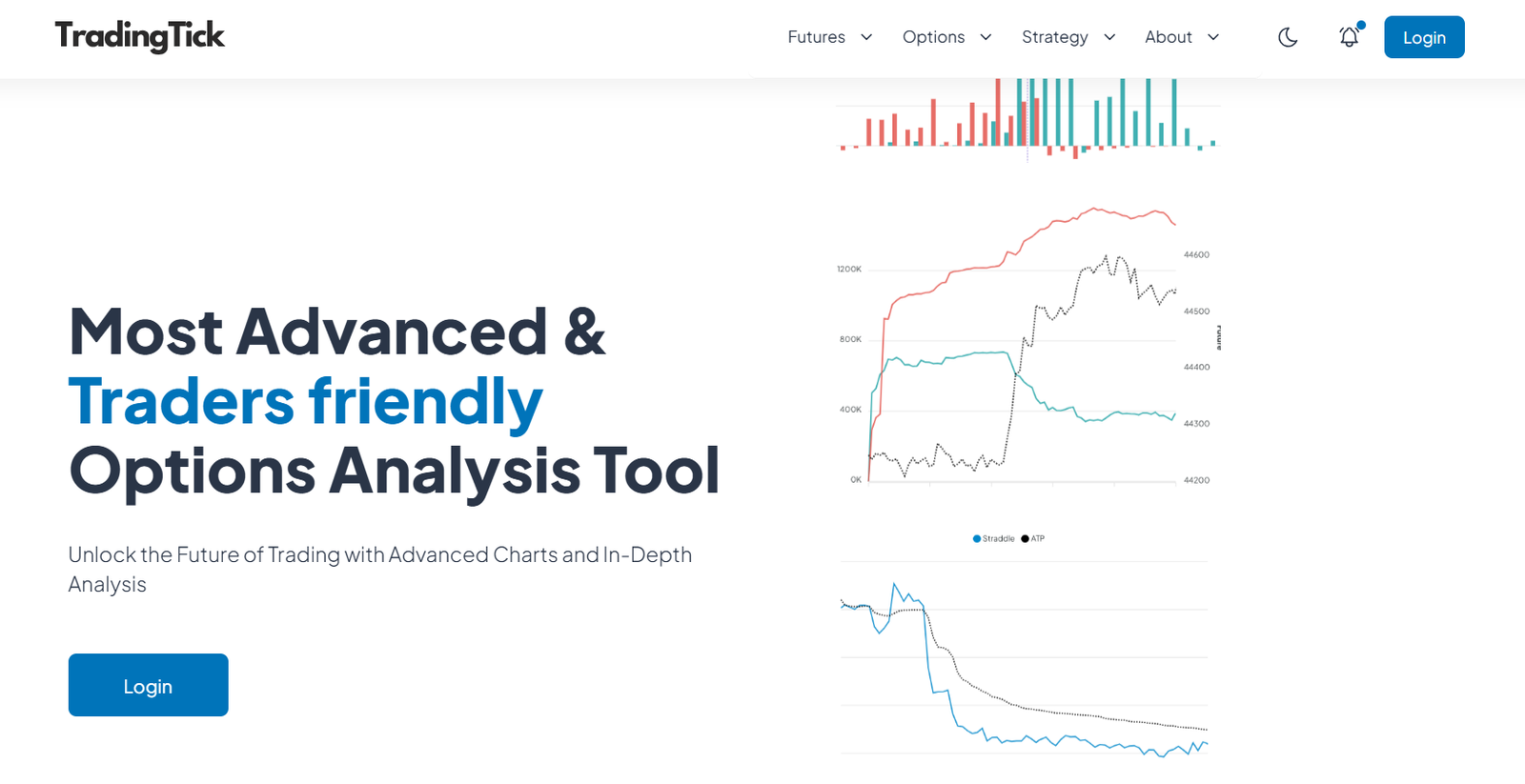A stock market broker is a financial professional or firm licensed to execute buy and sell orders for stocks and other securities on behalf of investors. Brokers earn through commissions, fees, or spreads. Some offer advisory services, while others are limited to execution-only roles.
Types of Stock Market Brokers
- Full-Service Brokers
Full-service brokers provide personalized services, including investment advice, financial planning, research reports, and portfolio management. These brokers are ideal for individuals who need professional guidance. However, their services come with higher fees. - Discount Brokers
Discount brokers offer minimal advisory services and focus primarily on executing trades at a lower cost. They are popular among experienced investors and traders who prefer a hands-on approach to managing their portfolios. - Robo-Advisors
Robo-advisors are automated platforms that use algorithms to manage your investments. They offer low fees and are best suited for beginners or those looking for passive investment strategies.
Key Factors to Consider When Choosing a Broker
- Trading Fees and Commissions
Cost is a critical factor in choosing a broker. Evaluate their fee structure, including account maintenance fees, transaction charges, and any hidden costs. Some brokers offer commission-free trading, which can be appealing for frequent traders. - Investment Options
Ensure the broker offers a diverse range of investment options such as stocks, ETFs, mutual funds, options, and bonds. This variety enables you to create a well-rounded portfolio. - Platform Usability
A user-friendly trading platform is essential. Look for brokers that provide intuitive interfaces, advanced charting tools, and mobile app compatibility for on-the-go trading. - Research and Educational Tools
Brokers that offer research reports, market insights, and educational resources can help you make informed decisions. These features are especially useful for beginners. - Customer Support
Reliable customer service can save you time and hassle. Check whether the broker offers multiple support channels like phone, email, and live chat, and test their responsiveness. - Regulatory Compliance and Security
Always choose a broker regulated by reputable financial authorities. Check their security measures, including encryption, two-factor authentication, and account insurance.
Top Stock Market Brokers in 2024
- Interactive Brokers
Known for its low-cost structure and extensive investment options, Interactive Brokers is ideal for advanced traders and international investors. - TD Ameritrade
TD Ameritrade offers a robust platform, excellent educational tools, and zero-commission trading for U.S. stocks and ETFs. It’s a top choice for beginners and seasoned investors alike. - E*TRADE
E*TRADE stands out with its powerful trading tools and in-depth market research. It’s particularly appealing to active traders. - Robinhood
A pioneer in commission-free trading, Robinhood is perfect for beginners. Its mobile-first approach makes trading accessible and convenient. - Fidelity Investments
Fidelity offers a well-rounded platform with low costs, strong research tools, and top-notch customer service, catering to both new and experienced investors. - Charles Schwab
Charles Schwab combines zero-commission trading with comprehensive research tools, making it a popular choice among long-term investors.
Tips for Choosing the Best Broker
- Assess Your Goals: Determine whether you are a long-term investor or a short-term trader to find a broker that aligns with your needs.
- Compare Multiple Brokers: Use comparison tools and reviews to evaluate brokers based on features, fees, and user experiences.
- Test the Platform: Many brokers offer demo accounts to help you familiarize yourself with their platform before committing.
- Check Reviews and Ratings: Customer reviews can provide insights into a broker’s reliability and performance.
Conclusion
Choosing the best stock market broker is a crucial step in your investment journey. The right broker can enhance your trading experience, reduce costs, and provide valuable resources to help you succeed. Whether you’re a beginner or a seasoned investor, prioritize features that align with your financial goals, trading style, and budget. By carefully evaluating your options, you can find a broker that sets you on the path to financial success.
Internal Link :- a2znew






